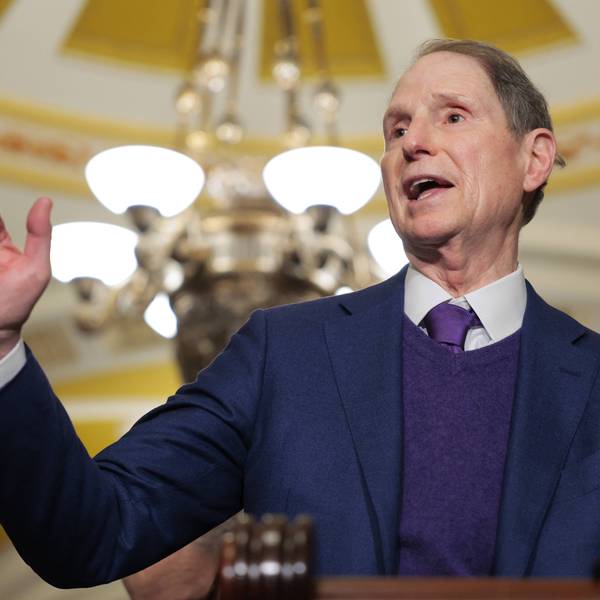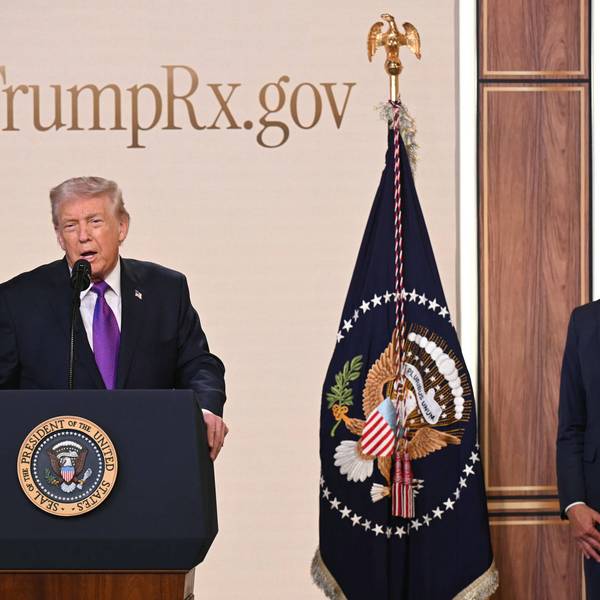The American College of Physicians (ACP), a group of 143,000 internal medicine doctors, on Tuesday published a position paper calling on the government to do more to regulate the skyrocketing costs of pharmaceutical drugs.
The article, written by the ACP's Health and Public Policy Committee and published in the Annals of Internal Medicine, notes that the U.S. is one of the only economically advanced countries in the world that does not have any government regulation of drug prices.
"In the United States we pay comparatively much more for prescription drugs than other countries, an increasing concern for all Americans," said ACP president Dr. Wayne J. Riley. "The impact of these rising costs can be very detrimental to patients, causing them to forgo filling important prescriptions or not taking drugs on the schedule that they are prescribed."
The ACP made seven recommendations to help slow down and maintain the price of medicine, including:
- Transparency in the pricing, cost, and comparative value of all pharmaceutical products;
- Allowing price negotiation by Medicare and other publicly-funded health programs, consideration of reimporting drugs manufactured in the U.S., and increasing competition for sole-source drugs;
- Ensuring that patient cost-sharing is not set at a level that imposes a "substantial economic barrier" to patients.
As NPR reports, the ACP also called for "drugmakers to disclose the actual research and production costs of developing and manufacturing each drug, and to disclose the prices paid for drugs--including discounts and rebates--that take advantage of basic research funded by the government, such as the National Institutes of Health and the Department of Veterans Affairs."
The ACP writes in its paper:
Pricing (the base price of a drug before negotiations, rebates, and discounts), cost (the actual dollar amount paid by patients, health plans, or the government for a drug), and value (the benefit of a drug relative to its cost) are intertwined, and as policymakers look for solutions, they must consider all 3 issues in order to understand the broader implications of policies or regulatory action.
The article comes amid several high-profile cases of life-saving drugs reaching out-of-control costs.
Notorious Turing Pharmaceuticals CEO Martin Shkreli, for example, increased the price of the malaria medication Daraprim from $12.50 to $750 a pill in September. He was later indicted for securities fraud.
In a Kaiser Family Foundation survey conducted last August, 70 percent of respondents said they felt that drug prices were too high and pharmaceutical companies were only interested in making a profit.
"We continue to pay more and more for drugs, making it harder and harder for patients to afford critical prescriptions. This situation must change," Riley said on Tuesday. "A prescription drug can only be as effective as a patient's ability to access it and adhere to the medication as prescribed. Year after year of rising costs is clearly a burden for many patients that ultimately impacts their health and quality of life."



